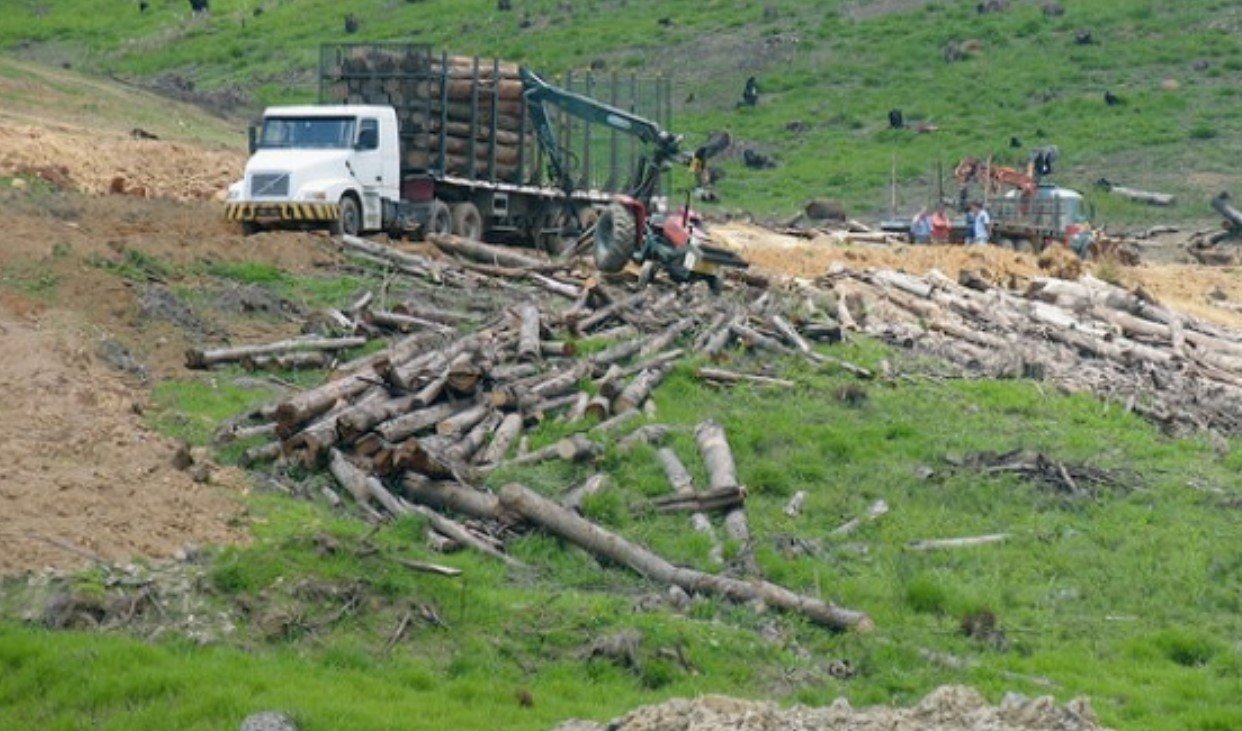In the lush landscapes of Brazil, a silent crisis brews beneath the canopy of the Cerrado wilderness. The quest for sustainable cotton, a fabric fundamental to our daily lives, has led to unintended consequences that ripple through the environment and communities.
The Paradox of Sustainable Cotton
The Better Cotton Initiative (BCI) emerged as a beacon of hope for ethical and sustainable cotton production. However, recent investigations have unveiled a disconcerting reality. Despite the promise of responsible cultivation, the BCI’s certification has been linked to extensive deforestation in Brazil, casting a shadow over the fashion industry’s efforts to go green.

Farmers, under the guise of sustainability, have expanded their cotton fields into the heart of the Cerrado, a biodiversity hotspot. This expansion has not only threatened the habitat of countless species but also the livelihoods of local communities. The BCI’s standards, which allow cotton from land deforested prior to 2020, have come under scrutiny for enabling this environmental degradation.
The Fashion Industry’s Blind Spot
Fast fashion giants, in their pursuit of affordable and sustainable textiles, have inadvertently contributed to the problem. Brands like H&M and Zara, which source a significant portion of their ‘sustainable’ cotton from Brazil, find themselves entangled in a web of environmental and ethical dilemmas. The allure of the BCI’s certification has masked the harsh reality of land grabs and deforestation, leaving consumers questioning the integrity of their purchases.
The complexity of supply chains makes it challenging to trace the origins of cotton, allowing the destruction to remain hidden from public view. The fashion industry’s reliance on certifications as a stamp of sustainability now faces a critical examination, urging a reevaluation of what truly constitutes responsible sourcing.
A Call for Transparency and Action
The revelation of these practices has sparked a global conversation about the accountability of certification bodies and the fashion industry at large. There is a growing demand for transparency, traceability, and genuine commitment to sustainability that extends beyond mere certification.
Consumers, activists, and policymakers are calling for a shift towards more holistic approaches that consider the environmental and social impact of cotton production. The fashion industry must confront the uncomfortable truths laid bare by these findings and work towards solutions that safeguard the planet and its inhabitants.









